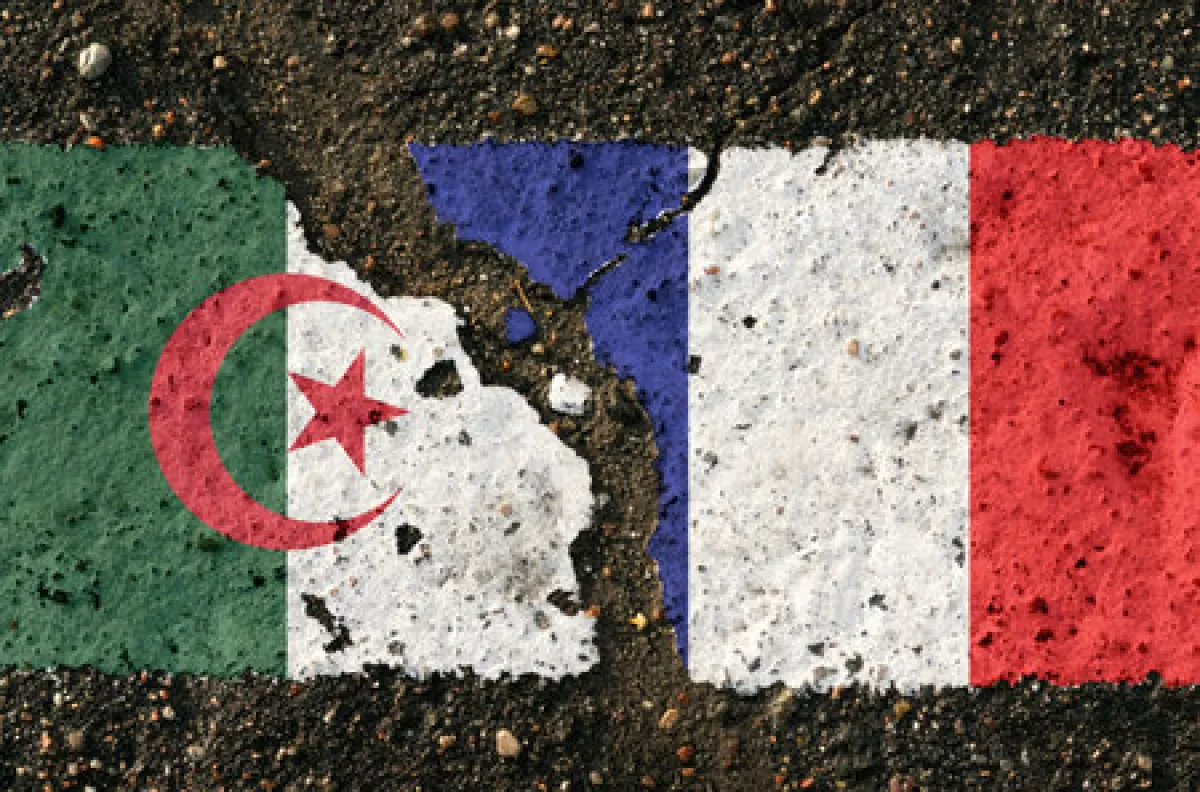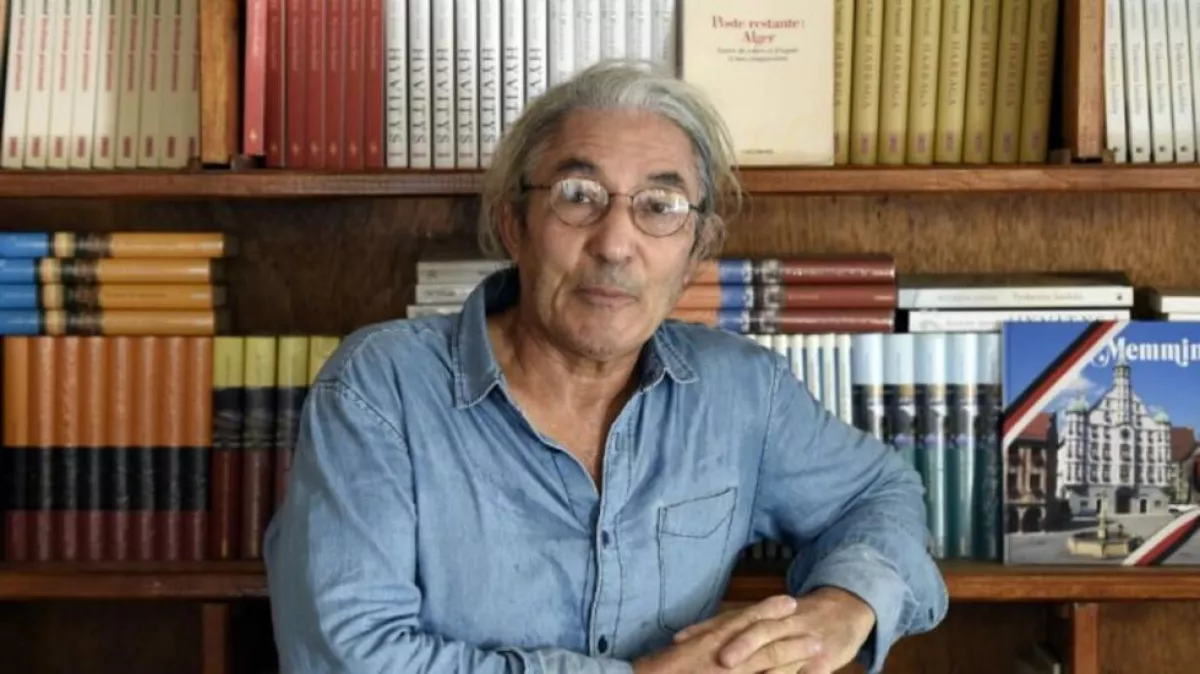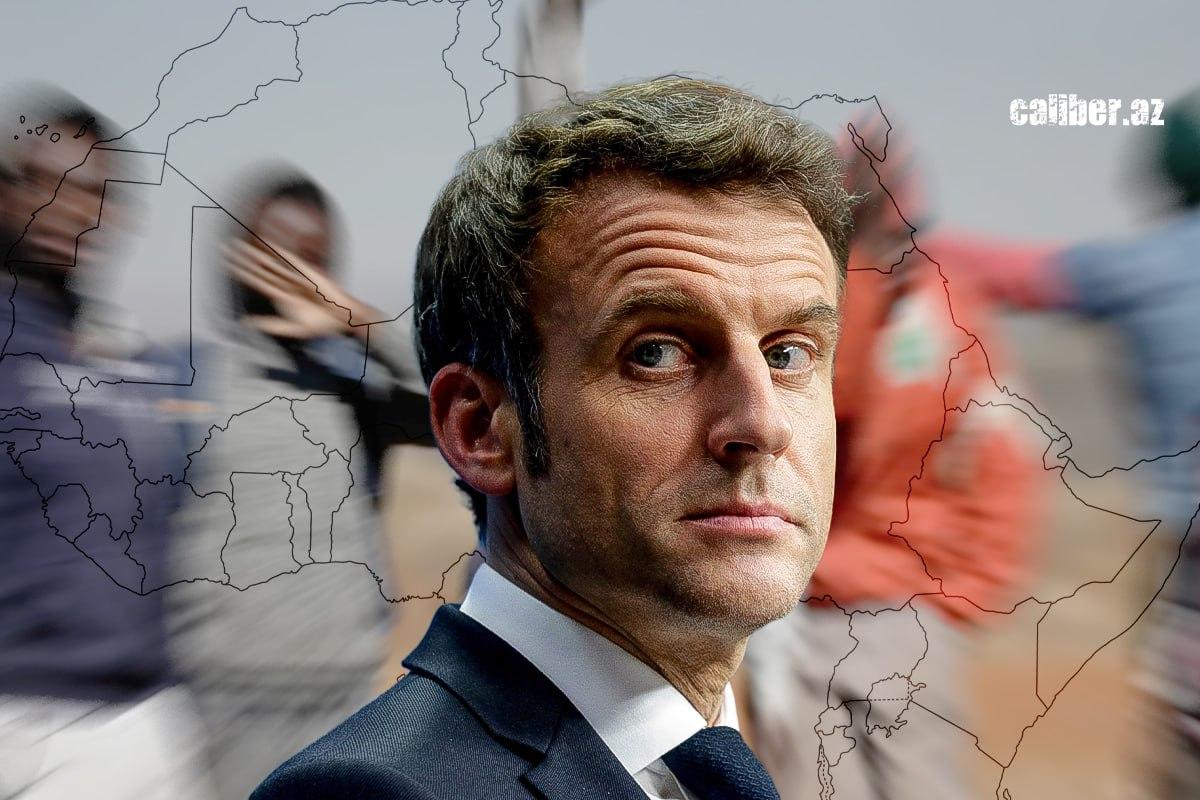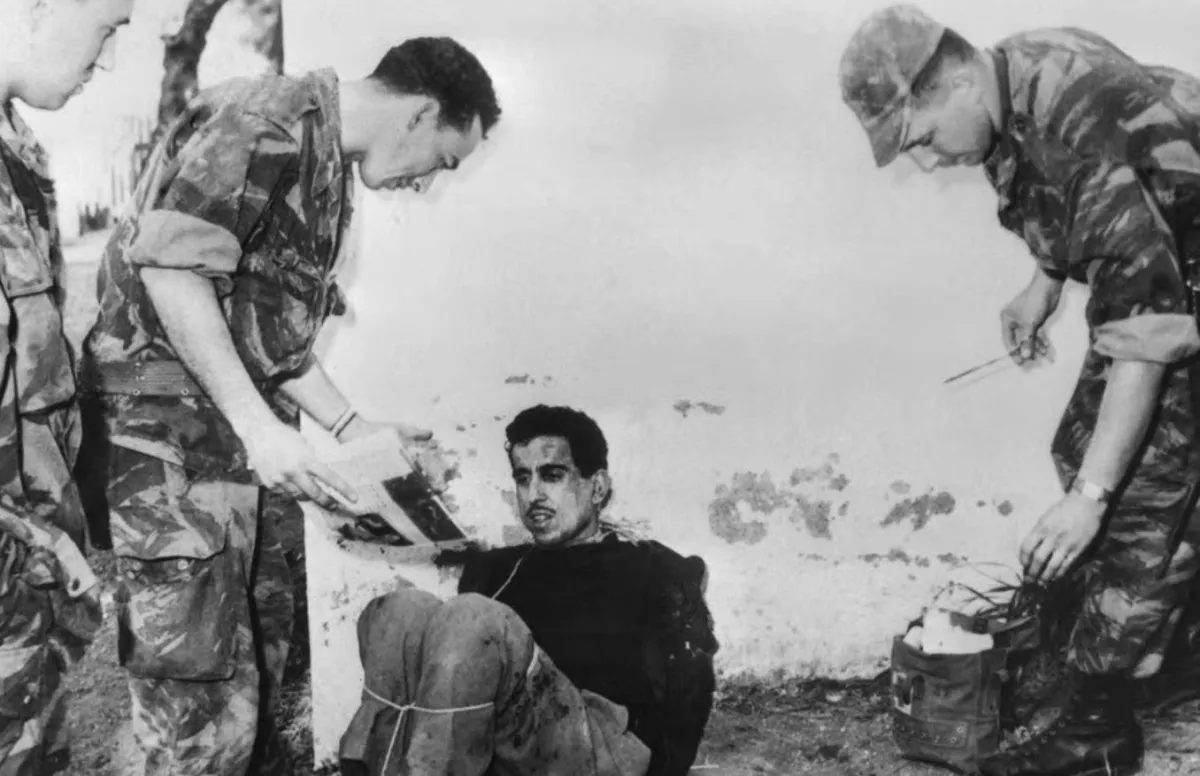Algerian impasse for Macron French intelligence supporting terrorists
The already tense relations between Algeria and France have recently reached a new level of friction.
In mid-December last year, Algeria summoned French Ambassador Stéphane Romatet to issue a warning regarding hostile plans by French intelligence against the African country. According to reports, French intelligence had been recruiting former Algerian radical Islamists to destabilize the country. An example of this is the case of Mohamed Amine Aissaoui, who recently made a corresponding confession. This is discussed, in particular, in the program The Failure of the Conspiracy: Algerian Eagles of Victory, which aired on two Algerian state TV channels – EPTV and AL24.
According to Aissaoui, the French Directorate General for External Security (DGSE) recruited him to form armed groups in Algeria. The plans of the French intelligence services also included organizing terrorist acts in Algeria. Meanwhile, Algerian intelligence services were already aware of these French plans. Algerian authorities, having created fake lists, passed them on to the French side through Aissaoui.
The Algerian authorities warned Romatet that such actions "will not go unnoticed" and that they would not remain passive in the face of the "violation of the country's sovereignty."

The escalation of tensions in recent weeks and days is linked to two individuals, both coincidentally named Boualem, whose stories have developed almost in parallel.
On November 16, 2024, Franco-Algerian writer Boualem Sansal was arrested in Algeria. A former employee of the Ministry of Industry, he had previously stated that a significant portion of the north-western part of Algeria historically belonged to Morocco. Algerian authorities detained Sansal on November 16 at the airport after his return from France. Local media reported that he was charged under Article 87 of the Penal Code, accused of undermining national unity and territorial integrity. During his speech at the Élysée Palace, President Macron stated that Algeria had "interfered with the treatment of a seriously ill person" and called for Sansal's release. Algerian President Abdelmadjid Tebboune accused France of sending "an illegitimate figure."

Naâman Boualem, better known by his aliases "Doualemn" or "Boualem Dz," a 59-year-old Algerian TikToker, was arrested in Montpellier, France, for "incitement to violence" in videos he posted on social media. French immigration authorities placed him on a flight to Algeria, but the Algerian authorities refused to accept him, stating that he was banned from entering the country. Later that same evening, he was sent back to France.
"I want to express my surprise," said French Interior Minister Bruno Retailleau after the deported blogger's return. "We have reached a highly alarming threshold in our relations with Algeria. Algeria is seeking to humiliate France. This is a new act of aggression. We must examine all available means of retaliation." French Foreign Minister Jean-Noël Barrot added that France "will have no choice but to take retaliatory measures" if "the Algerians continue this escalatory position."
This turn of events marks another milestone in the already tense relations between Algeria and France. The two countries have numerous points of contention, many of which trace their roots back to France's brutal colonial policies—and all of these have been further exacerbated by the ongoing and highly relevant disputes over the future of Western Sahara.

The situation worsened in July 2023 when Algeria recalled its ambassador from Paris in protest against President Macron’s support for the Rabat plan concerning the autonomy of Western Sahara within Morocco. Algeria supports the idea of Western Sahara’s independence and views France’s backing of Rabat as part of its neo-colonial policy. Paris has consistently maintained good relations with Rabat, believing that it would be easier to control the mineral-rich Western Sahara if it were an autonomous region within Morocco rather than an independent state.
Unfortunately, two Arab countries have been divided by French policy. However, we will not delve into the specifics of the Western Sahara conflict—this is more about France. For Paris, Western Sahara represents almost its last hope to remain, albeit indirectly, afloat on the African continent, from which it has been gradually expelled by one country after another. However, in trying to achieve this, Macron once again handles the situation clumsily—he simply doesn’t know how to do it any other way. This new move by Macron in Africa may lead him into yet another impasse.

The Algerian parliament has already urged the French authorities to adhere to the principles of international relations, including mutual respect. France's hands are stained with blood in this North African country, where, in its quest to conquer and maintain the colony, the French army massacred hundreds of thousands of locals. To this day, there has been no clear apology for this. Recent events show that Paris has learned no lessons from its past, and instead of pursuing the difficult but necessary task of reconciliation with the Algerian capital, it is doing everything it can to push this important country in Africa and the Arab world further away.








